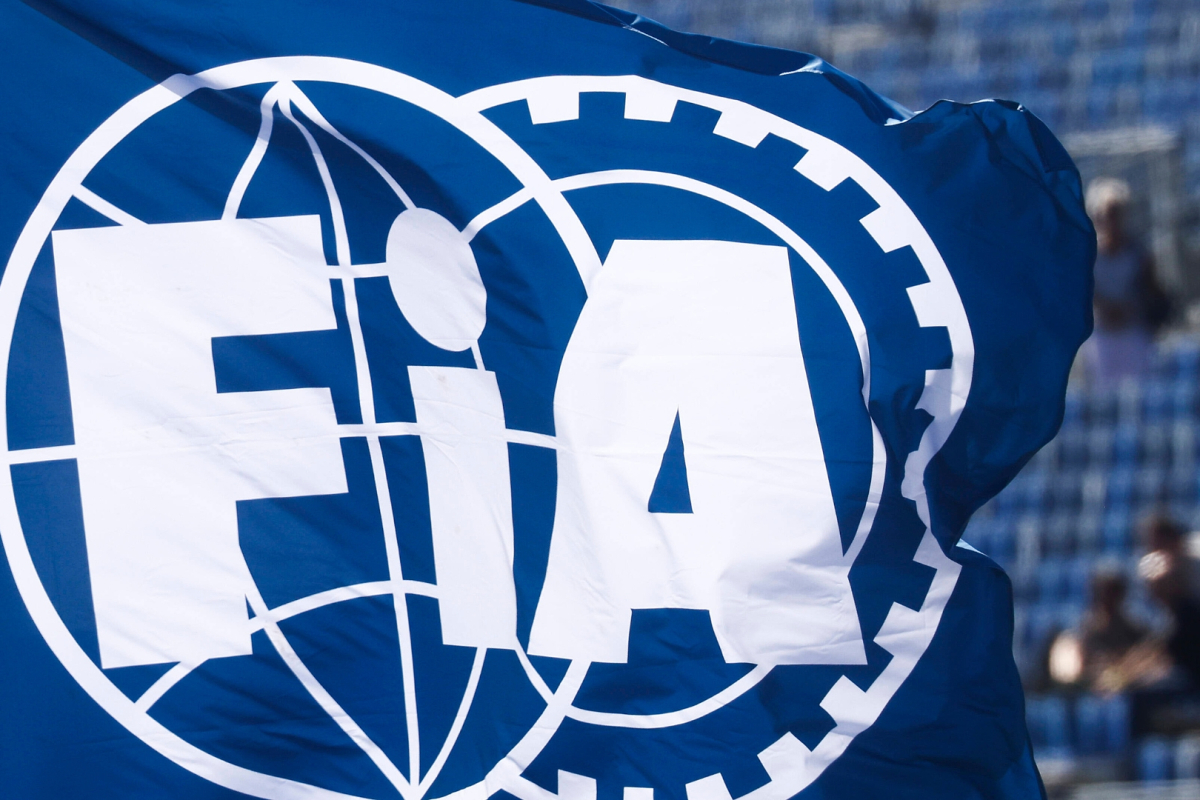FIA announce bizarre fine for F1 star after medical iss….read more
In a rather unusual turn of events, the FIA has handed down a surprising penalty to Formula 1 driver Carlos Sainz, following a medical situation that occurred prior to the start of the Japanese Grand Prix. The penalty has sparked discussions within the motorsport community due to its nature and the circumstances surrounding the violation.
The incident took place during the race weekend at the iconic Suzuka Circuit, where Max Verstappen once again demonstrated his dominance by winning the Japanese Grand Prix. The Red Bull driver secured his fourth consecutive victory at this track, setting a new record and reaffirming his position as one of the sport’s top talents. Verstappen led from start to finish, fending off challenges from the McLaren duo of Lando Norris and Oscar Piastri. The victory has significantly tightened the title race, with Verstappen now just one point behind Norris in the Drivers’ Championship standings.
Despite Verstappen’s win grabbing the headlines, another story from the Suzuka paddock caught the attention of fans and pundits. Carlos Sainz, who has recently made a high-profile switch from Ferrari to Williams for the 2025 season, was penalized by the FIA for missing the pre-race national anthem ceremony. According to the governing body, Sainz failed to arrive at the designated area on time, a breach of official protocols that require all drivers to be present for the anthem before the race begins.
What makes this situation particularly odd is that Sainz’s tardiness was reportedly due to a medical issue he experienced just before the race. Details of the condition have not been fully disclosed, but it is understood that it impacted his ability to be present during the pre-race proceedings. Nevertheless, the stewards still decided to take action against him for not complying with the regulations.
Following an investigation and a discussion with the stewards, Sainz was issued a fine of €20,000. However, the FIA showed a degree of leniency by suspending half of the fine—€10,000—on the condition that Sainz does not commit the same offense within the next 12 months. If he avoids further violations of this rule over the year, he will not have to pay the suspended amount.
The decision has raised eyebrows among fans and commentators alike, many of whom consider the penalty to be overly strict given the mitigating circumstances. While rules are indeed rules, the imposition of a fine for missing the anthem due to a health-related issue seems harsh to some, especially when drivers’ physical well-being is paramount in such a demanding sport.
Meanwhile, Sainz’s performance in the race itself was far from memorable. He struggled to find rhythm and finished in a disappointing 14th place. His adaptation to the Williams car has clearly been a challenge so far, and the transition from a top team like Ferrari to a midfield contender is proving to be a difficult one. The penalty only adds to a difficult weekend for the Spanish driver, who will now be hoping for better fortune and results in the coming races.
All in all, while the Japanese Grand Prix was a triumph for Max Verstappen, the bizarre fine imposed on Carlos Sainz ensured there was no shortage of post-race drama and debate.




